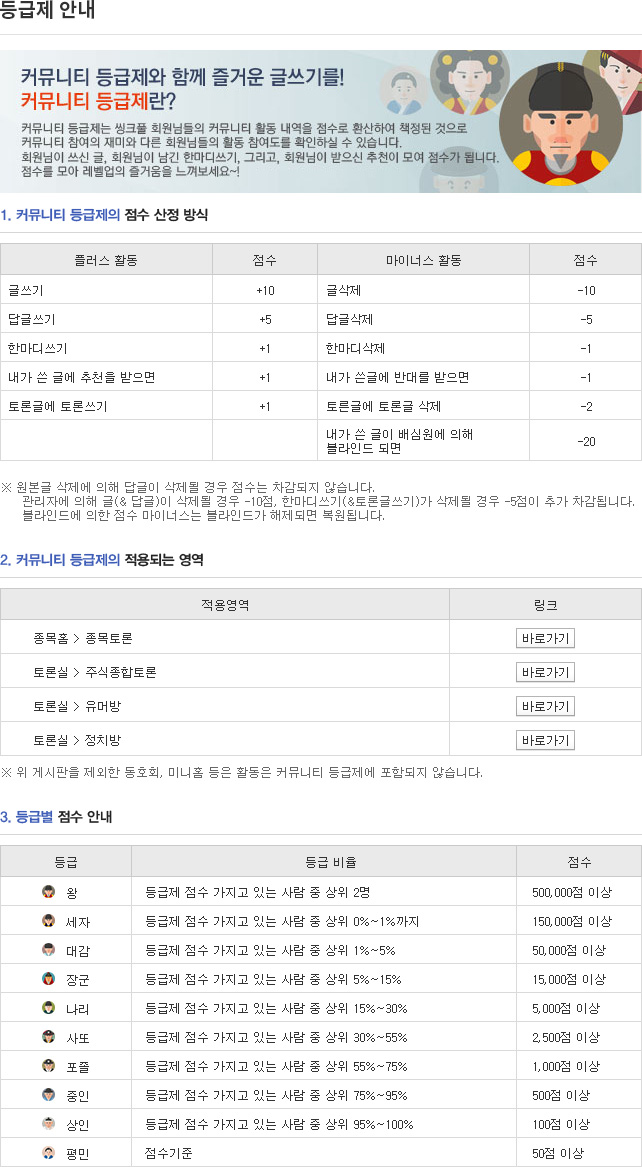종목토론카테고리
게시판버튼
게시글 내용
Mechanisms of cytokine release syndrome and neurotoxicity of CAR T-cell therapy and associated prevention and management strategies
Journal of Experimental & Clinical Cancer Research volume 40, Article number: 367 (2021)
Abstract
Chimeric antigen receptor (CAR) T-cell therapy has yielded impressive outcomes and transformed treatment algorithms for hematological malignancies. To date, five CAR T-cell products have been approved by the US Food and Drug Administration (FDA). Nevertheless, some significant toxicities pose great challenges to the development of CAR T-cell therapy, most notably cytokine release syndrome (CRS) and immune effector cell-associated
neurotoxicity syndrome (ICANS). Understanding the mechanisms underlying these toxicities and establishing prevention and treatment strategies are important. In this review, we summarize the mechanisms underlying CRS and ICANS and provide potential treatment and prevention strategies.
Background
Chimeric antigen receptor (CAR) T-cell therapy, one of the most significant developments in immunotherapy, has yielded impressive outcomes in hematological malignancies. To date, five different CAR T-cell products have been approved by the US Food and Drug Administration (FDA), including four products targeting CD19 for acute lymphocyte leukemia (ALL) or lymphoma [ https://www.fda.gov/vaccines-blood-biologics/cellular-gene-therapy-products/kymriah-tisagenlecleucel . Accessed 11 Oct 2021." id="ref-link-section-d122017125e1820" href="https://jeccr.biomedcentral.com/articles/10.1186/s13046-021-02148-6#ref-CR1" data-test="citation-ref" data-track="click" data-track-action="reference anchor" data-track-label="link">1, https://www.fda.gov/vaccines-blood-biologics/cellular-gene-therapy-products/yescarta-axicabtagene-ciloleucel . Accessed 11 Oct 2021." id="ref-link-section-d122017125e1820_1" href="https://jeccr.biomedcentral.com/articles/10.1186/s13046-021-02148-6#ref-CR2" data-test="citation-ref" data-track="click" data-track-action="reference anchor" data-track-label="link">2, https://www.fda.gov/vaccines-blood-biologics/cellular-gene-therapy-products/tecartus-brexucabtagene-autoleucel . Accessed 11 Oct 2021." id="ref-link-section-d122017125e1820_2" href="https://jeccr.biomedcentral.com/articles/10.1186/s13046-021-02148-6#ref-CR3" data-test="citation-ref" data-track="click" data-track-action="reference anchor" data-track-label="link">3, https://www.fda.gov/vaccines-blood-biologics/cellular-gene-therapy-products/breyanzi-lisocabtagene-maraleucel . Accessed 11 Oct 2021." id="ref-link-section-d122017125e1823" aria-label="Reference 4" href="https://jeccr.biomedcentral.com/articles/10.1186/s13046-021-02148-6#ref-CR4" data-test="citation-ref" data-track="click" data-track-action="reference anchor" data-track-label="link">4] and idecabtagene vicleucel (Abecma) targeting B cell maturation antigen (BCMA), which has recently been approved for relapsed or refractory multiple myeloma (R/R MM) [ https://www.fda.gov/vaccines-blood-biologics/abecma-idecabtagene-vicleucel . Accessed 11 Oct 2021." id="ref-link-section-d122017125e1826" aria-label="Reference 5" href="https://jeccr.biomedcentral.com/articles/10.1186/s13046-021-02148-6#ref-CR5" data-test="citation-ref" data-track="click" data-track-action="reference anchor" data-track-label="link">5].
Genetically engineered to express CAR molecules that can specifically recognize tumor antigens, CAR T-cells can be activated, proliferate and exert antitumor effects without major histocompatibility complex (MHC) restriction. With the optimization of products and treatment regimens, the efficacy of CAR T-cell therapy is improving, and its application fields are expanding. Despite these achievements, some severe toxicities associated with CAR T-cells dampen their development. The most common toxicity is cytokine release syndrome (CRS),
which is a systemic inflammatory response mediated by the overactivation of effector cells and large amounts of cytokines [6]. Neurotoxicity, another common toxicity related to CAR T-cell therapy, is a toxic encephalopathy state with a broad spectrum of neuropsychiatric symptoms. Such neurotoxicity has been designated “immune effector cell-associated neurotoxicity syndrome (ICANS)” by the American Society for Transplantation and Cellular Therapy (ASTCT) [7]. Clarifying the mechanisms underlying CRS and ICANS could facilitate the prevention and treatment of CAR T-cell-related toxicities. Herein, we review the key pathways involved in the mechanisms of CRS and ICANS based on the current understanding and provide promising prevention and management strategies to improve the safety of this beneficial therapy and expand its application. Since CAR T-cell-related toxicities are investigated mostly in the field of hematological malignances, they are the focus of this review.
Current understanding of the mechanisms of CRS
CRS is the most common toxicity related to CAR T-cell therapy, with an incidence of 42–100%, and 0–46% of patients develop severe CRS after CAR T-cell infusion (Table 1). It is believed that CRS is a systemic disease induced by the overactivation of immune effector cells and
CRS is the most common toxicity related to CAR T-cell therapy, with an incidence of 42–100%, and 0–46% of patients develop severe CRS after CAR T-cell infusion (Table 1). It is believed that CRS is a systemic disease induced by the overactivation of immune effector cells and
supraphysiological levels of various proinflammatory cytokines, including IL-1, IL-6, IFN-γ, and granulocyte-macrophage colony-stimulating factor (GM-CSF) [7]. This toxicity manifests as a constellation of symptoms (Table 2), most of which are reversible; 0–9.1% of patients progressed to fatal cases (Table 1), whereas there were no deaths from CRS in most clinical trials. A meta-analysis of 2592 patients from 84 eligible studies showed that the mortality rate of CRS was less than 1% [8]. A schematic representation of the CRS mechanisms is briefly shown in Fig. 1A. The interplay between CAR T-cells and tumor cells activates host bystander cells, especially macrophages, eliciting a distortion of the cytokine network. Then, massive cytokines induce endothelial cell activation, contributing to constitutional symptoms in relation to CRS.
https://jeccr.biomedcentral.com/articles/10.1186/s13046-021-02148-6
게시글 찬성/반대
- 0추천
- 0반대
운영배심원의견
운영배심원의견이란
운영배심원(10인 이하)이 의견을 행사할 수 있습니다.
운영배심원 4인이 글 내리기에 의견을 행사하게 되면
해당 글의 추천수와 반대수를 비교하여 반대수가
추천수를 넘어서는 경우에는 해당 글이 블라인드 처리
됩니다.







댓글목록